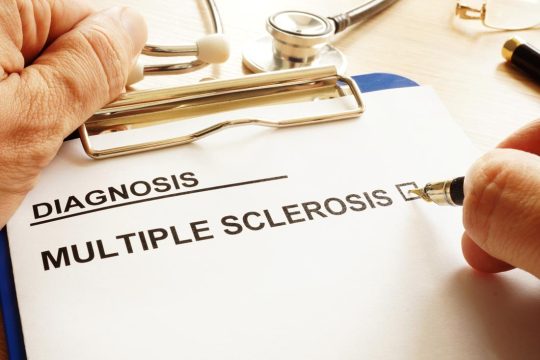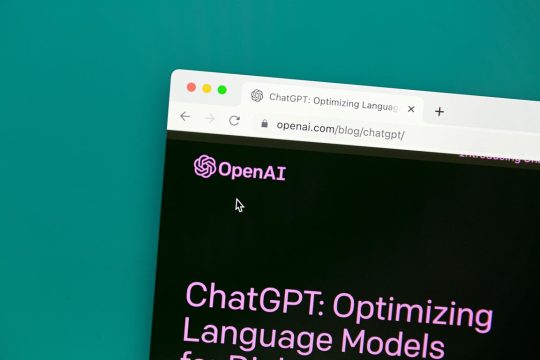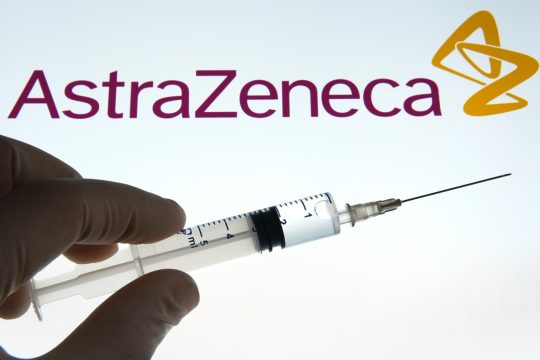Advertisment
IASLC 2011 Report – The rivalry between cisplatin and carboplatin goes on: BTOG2 Trial

by Dr Sunil Upadhyay – At the recently held 14th World Conference on Lung Cancer in Amsterdam, on behalf of the investigators, the randomised phase III clinical trial results of BTOG 2 were presented by David Ferry. The primary end point of this long running trial was length of survival and the secondary end points were response rate, dose intensity of chemotherapy, ratio of cycles as in- versus out- patients, incidence of toxic episodes, cost and cost effectiveness.

A maximum of 4 cycles of the chemotherapy were given. There were 456 patients in the GC80, 454 in the GC50 and 453 in the GCb arms. The median age of the patients entered in this trial was 64 years. The other characteristics were well balanced including histology. Approximately one third of the patients had adenocarcinoma, one third squamous cell and the remainder were others. Similarly, 32% of the patients had stage IIIB disease and 68% stage IV. The majority of the patients were PS 0 or 1. Only about two thirds of the patients in each arm completed 4 cycles of planned chemotherapy.
At a median follow-up of 22 months, the median OS was 9.5 months for GC80, 8.2 months for GC50 and 10.0 months for GCb (p=0.09). The one year overall survival was 39% with GC80, 31% with GC50 and 39% with GCb (p=0.09). It was concluded that the use of the Wright equation to determine GFR and dose of carboplatin led to doses on average being 10% higher than if the Cockcroft-Gault formula had been used. In combination with gemcitabine, carboplatin AUC6 (Wright) is not inferior to the best performing cisplatin arm (cisplatin 80mg/m²). There was a trend to inferior survival with cisplatin 50mg/m² compared to cisplatin 80mg/m². Therefore, carboplatin AUC6 Wright can be used instead of cisplatin 80mg/m² in combination with gemcitabine in advanced NSCLC safely without loss of efficacy.
The BTOG2 results confirm that carboplatin is not inferior to cisplatin 80mg/m² provided the optimum dose is used. It also provides the evidence that cisplatin 50mg/m² is inferior to cisplatin 80mg/m². Therefore, carboplatin can be used instead of cisplatin 80mg/m² in combination with gemcitabine without any risk of loss of efficacy.
The issue of the equivalence between carboplatin and cisplatin in the treatment of advanced NSCLC was also looked into through the CISCA meta-analysis and the results were presented by Andrea Ardizzoni at ASCO 2006 (abstract no 7011). This meta-analysis of nine trials (cisplatin 1489 and carboplatin 1479 patients) found that cisplatin-based chemotherapy was superior to carboplatin-based chemotherapy in terms of response rate, though increased response rate did not translate into an OS benefit (7% less risk of death; HR=1.07, p=0.101). However, in CISCA analysis, only 3 were large trials and 4 were relatively small trials.
Similarly, the meta-analysis by Hotta et al1 found that cisplatin based chemotherapy produced a higher response rate, more frequent nausea & vomiting but no survival advantage (HR=1.05, p=0.515). However, the London Lung Cancer Group Phase III trial comparing carboplatin (AUC5) plus gemcitabine versus mitomycin, ifosfamide and cisplatin 50mg/m² (MIC) was reported to show a median survival of 10 months with GCb compared to 7.6 months with MIC, a difference of 2.4 months and one year survival of 40% with GCb compared to 30% with MIC similar to BTOG2 results. Professor Ming Lee from UCL in his comments concluded that cisplatin dosage is important in NSCLC and inferior results observed with second generation chemotherapy regimens is probably due to the low dosage of cisplatin. The BTOG2 trial results provide reassurance to treat NSCLC patients with either platinum compound without loss of efficacy. He observed that this study should be the final study on cisplatin vs carboplatin rivalry and platinum with either gemcitabine, pemetrexed or taxane doublet should remain the current standard chemotherapy for the management of advanced non-small cell lung cancer. (Abstract 001:003).
Reference:
1. Hotta K, Matsuo K, Ueoka H, Hiura K, Tabata M, Tanimoto M. JCO 2004; 22: 3852-3859





